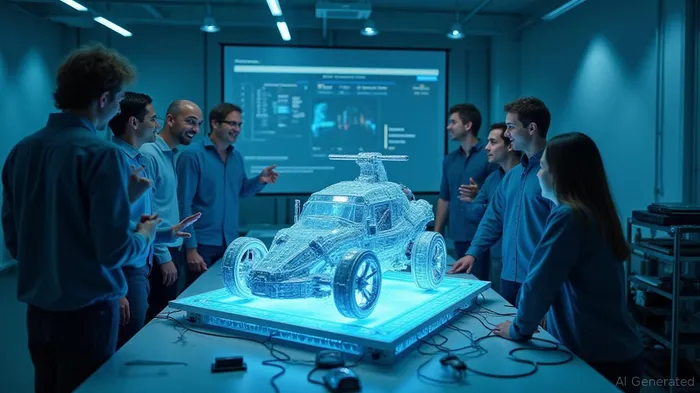OpenAI Delays Open Model Release for Unexpected Breakthrough
OpenAI, a leading player in the artificial intelligence sector, has announced a delay in the release of its first open model in years. Initially slated for June, the model is now expected to launch later this summer. This delay, announced by OpenAI CEO Sam Altman, has sparked significant interest and speculation within the tech community.
Altman revealed the delay on X, stating that the company would take more time to refine the model. He hinted at an "unexpected and quite amazing" breakthrough within the research team, suggesting that this development will justify the additional waiting period. This implies that the model may include substantial improvements or new capabilities that were not initially anticipated.
OpenAI has set high expectations for this open model, aiming to equip it with reasoning capabilities comparable to their proprietary 'o-series' models. The goal is for the open model to outperform existing open reasoning models, such as DeepSeek’s R1, and set a new standard in the field. This move is seen as an effort to re-engage with the open-source community, which OpenAI has largely focused on closed models in recent years.
The competitive landscape in the AI space has intensified since OpenAI first announced its plans to release an open model. Other labs have been actively developing and releasing their own advanced models. For instance, Mistral has launched its first family of AI reasoning models called Magistral, while the Chinese AI lab Qwen introduced a family of hybrid AI reasoning models. These developments underscore the pressure on OpenAI to deliver a model that stands out in the market.
OpenAI is reportedly considering integrating complex features to make its open model competitive. One such feature is the ability to connect with OpenAI’s cloud-hosted AI models for handling particularly complex queries. While it is uncertain which of these advanced features will be included in the final release, their consideration highlights OpenAI's commitment to building a top-tier open model.
The release of this open model is crucial for OpenAI's standing within the global AI community. Altman has previously acknowledged that OpenAI has been on the "wrong side of history" regarding open-sourcing its models. Releasing a powerful, competitive open model is seen as a step towards rebuilding trust and fostering stronger relationships with researchers and developers.
The delay in the release date, while initially disappointing, is seen as a strategic move by OpenAI. The company's focus on an "unexpected and quite amazing" breakthrough suggests that the wait may be justified. As the AI landscape continues to evolve rapidly, the coming months will reveal whether this strategic delay leads to a breakthrough that significantly impacts the open AI landscape.

Quickly understand the history and background of various well-known coins
Latest Articles
Stay ahead of the market.
Get curated U.S. market news, insights and key dates delivered to your inbox.



Comments
No comments yet